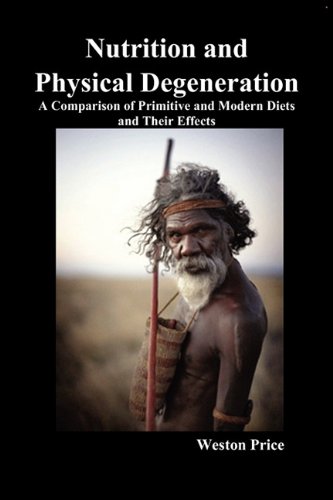This article by Teresa Tsalaky, first published in August 2003, can be accessed at Positive Health online. It is important not simply because of the implications for overcoming cancer, but the extraordinary lengths that interested parties go to with the apparent attempt to silence him. I am publishing his story here without promoting his or any particular course of treatment, that is a personal matter best made with the advice of a professional healthcare practitioner and your own research.
David Walker wanted to live long enough to see his children graduate from high school. He asked his oncologist if he’d make it that long. The doctor hung his head and said Walker had no more than three to five years before the colon cancer would take his life.
Nearly a decade later, Walker is cancer free. Thanks to his training as a biophysicist, he was able to decipher a biochemical riddle that enabled him to cure himself. He created a treatment protocol that consists of herbs, enzymes, phytonutrients, detoxification and a bio-resonance therapy that recharges depleted energy in cells. He then shared his knowledge, helping hundreds of other cancer patients successfully treat the disease.
Continue reading Recovery from Colon Cancer – Diet, Herbs, Detoxification and Cellular Regeneration

 Dr. Mercola is the founder of the world’s most visited natural health web site,
Dr. Mercola is the founder of the world’s most visited natural health web site,








